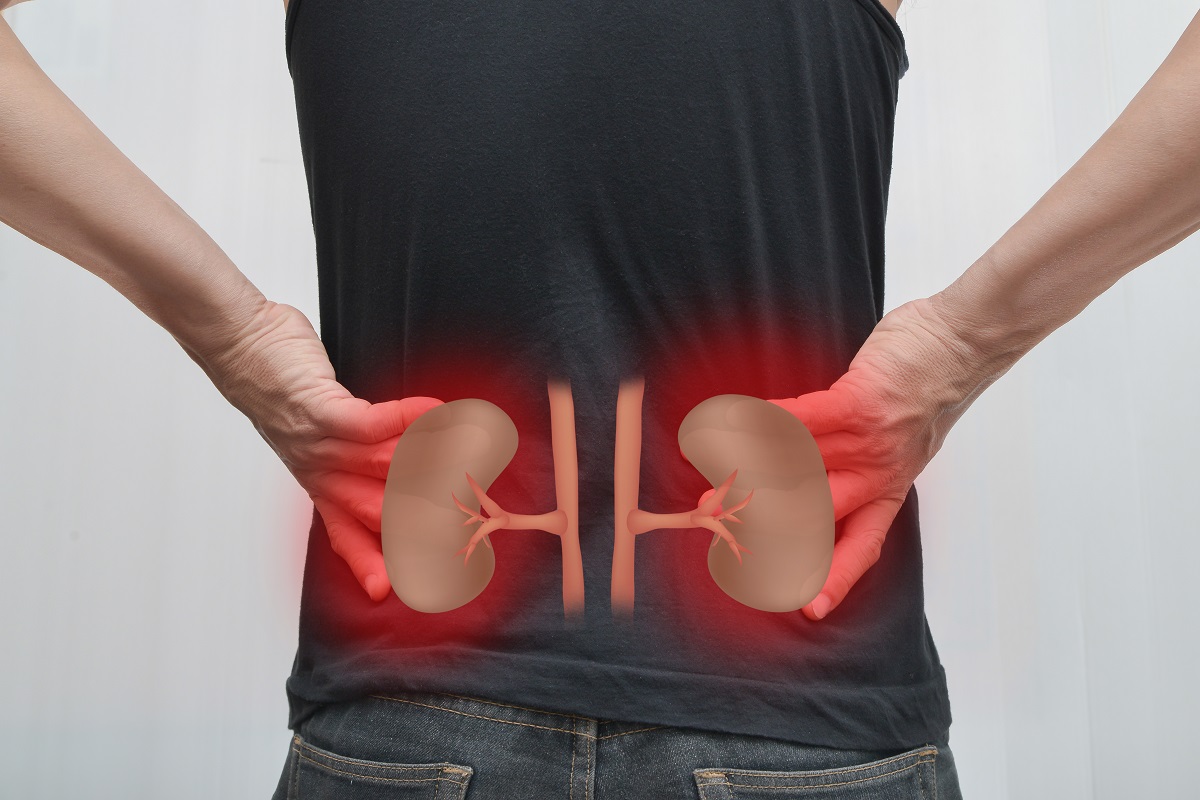While it would be great if you can keep your body parts intact until you die, sometimes intense pain doesn’t make them worth it. The good news is you can still survive and even live a good life without them.
Here are the five body parts that you can live without:
1. Wisdom Teeth
On average, adults have 32 teeth, but more can live by with just 28. The reason is simple: many opt to undergo wisdom tooth removal.
But why are wisdom teeth there in the first place? According to anthropologists, these two sets of teeth located way back in the mouth are remnants of evolution.
Centuries ago, human ancestors dined on fresh but uncooked meat and bones. These were tough types of produce, so to consume them, they needed really strong sets of teeth.
Over time, their teeth would suffer wear and tear or decay. When they would fell out, wisdom teeth then served as backups.
Today, human food is more refined, cut up into smaller pieces, and cooked in different ways, so they’re tender and more convenient to chew. Wisdom teeth, therefore, have become optional.
In fact, they can only increase the risk of teeth decay and toothache. Most people can’t reach the back of their oral cavity when brushing their teeth or flossing. Not all Americans are diligent in visiting their dentist for teeth cleaning or scaling.
2. Appendix
Appendicitis, or the inflammation of the appendix, is one of the leading causes of emergency surgery among children. It also impacts over 5% of the population.
When not treated immediately, the appendix can burst, spreading the infection in the abdominal cavity. Not only does it make the surgery even more complicated, but it also makes the condition life-threatening.
The appendix, a small pouch in the junction of the intestines, has long been a subject of contention in the medical community. Newer studies suggest that it may help protect beneficial microorganisms in the gut.
Some say it now makes life-saving reconstructive surgeries easier. Overall, though, a person can live without it, and it doesn’t in any way affect the gut composition.
3. Spleen
Perhaps one of the underrated organs in the body is the spleen. About the size of the fist, it is an important member of the immune system. It stores both platelets and white blood cells that fight infection. It also cleanses the blood by removing red blood cells and then recycling them.
However, the spleen can also experience anomalies or issues. For example, they can become inflamed and grow in size. They may also rupture, especially during a severe injury.
A ruptured spleen can lead to the formation of blood clots that can travel in the bloodstream and lodge in vital organs such as the heart or lungs. A person may also experience life-threatening internal bleeding.
Because the benefits of removing it outweigh the risks of keeping it, doctors prefer to get rid of it than treat the organ. Instead, the liver and lymph nodes take over the primary functions of the now-missing spleen.
4. Gallbladder
The gallbladder is a tiny organ underneath the liver. Its primary role is to collect bile, a yellowish substance produced by the largest internal organ of the body. This fluid helps break down fatty acids.
In many cases, though, the substance solidifies and therefore forms into gallstones. One of the most common digestive problems, it affects at least 10% of the US population, mostly women.
Sometimes the stones are so tiny they don’t cause any problems, but those predisposed to them may eventually find the particles to grow large and start pressing into the abdomen. They may also interfere in the function of the liver.
Surgeons can choose to remove the stones or the entire organ to avoid facing the same problem. As for the excess bile, it flows directly into the intestine. You may just need to adjust your diet, reducing fat intake.
5. Half of Your Kidneys

These bean-shaped organs may be small, but their jobs are critical for one’s survival. These include removing toxins collected in the blood and removing excess salts and water to help maintain your electrolyte levels. Studies also show a strong correlation between poor kidney function and hypertension.
Unfortunately, these kidneys can malfunction—and you won’t know it until the condition is already in the late stages. If only one of your kidneys isn’t doing well, the doctor can just remove it and let the healthy one perform all the work.
All your body parts are there for a reason, and regardless of their size, they may have some use. But when push comes to shove, you may need to let go of some of them if it means improving your quality of life.




